Why It Matters
I care deeply about the people who are affected by my shopping. My dollars have the power to bring freedom . . . or slavery. Yes! SLAVERY. So many of the clothing items that we purchase are made by slave laborers and even with child labor.
Many of my readers live in the United States of America and believe in the land of the free and the home of the brave. Yet within our country, we have human trafficking and we support human trafficking elsewhere. Due to our US companies sourcing fabric, electronics, purses, and other products unethically, the US consumers support the forced labor trade through financing. It has to stop. Don’t you agree? It stops when each one of us takes a look at our spending habits and chooses to purchase wisely and ethically.
If you don’t know whether your clothing, electronics, and other household items are being produced ethically, keep reading.
The Stats
- Almost 21 million people are victims of forced labor – 11.4 million women and girls and 9.5 million men and boys.
- Almost 19 million victims are exploited by private individuals or enterprises.
- 5.5 million (26 %) are below 18 years.
- Of those exploited by individuals or enterprises, 4.5 million are victims of forced sexual exploitation.
- The other 14.5 million are mostly laboring in domestic work, agriculture, construction, manufacturing, and entertainment.
- Forced labor in the private economy generates US $150 billion in illegal profits each year.
Source: International Labor Association – Forced labour, human trafficking and slavery & 21 million people are now victims of forced labour, ILO says
Your Stats
Let’s make this personal. You now realize that by spending money in the US your money may be going toward slavery in other countries where your clothes, electronics, purses, etc. are produced. How many slaves do you have working for you? Take this quiz.
Now you understand that you are involved in either the problem or the solution. Let’s discuss some ways that you can change the world. You can help to stop the exploitation of forced laborer and child labor. Here are a few ways:
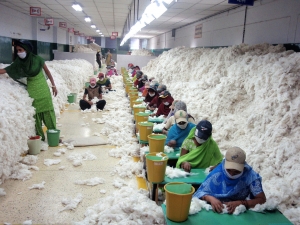
Wikipedia | CSRIO
- Buy from fair trade clothing companies
- Buy from US companies who source only from the US
- Buy from companies who source their products ethically (involves research and reading)
- Buy less clothing in order to afford ethically sourced clothing
- Buy second hand in order to lessen the amount of clothes you are buying from businesses who use slaves
- Write to your favorite brands and ask them their policies – Do not believe their first response. A company will tell you that they believe in human rights, but that does not mean they source ethically. Rephrase your question and ask again.
Fair Trade Clothing Companies
All of these clothing companies are Fair Trade or carry Fair Trade clothing. A few are out of the country, but do ship to the United States.
All Clothing (Women, Men, Children)
Everlane – US – San Francisco based company focused on production transparency. They list their factories and the conditions of those factories.
Fair Indigo – US – Carries fair trade clothing, organic clothing, and US made products. Their products are not made in sweatshops, but in safe surroundings where their workers make fair wages.
Fair Trade Winds – US – Fair trade products supporting communities throughout the world.
Global Mamas – US – “Global Mamas is a fair trade organization located in Ghana, West Africa supporting the sustainable development of women artisans by producing and exporting fair trade products.”
Good Cloth – US – Various products offered in organic, fair trade, vegan, made in the USA, etc.
Good and Fair Clothing – US – Clothing that is produced “through a supply chain which treats people with dignity and respect.” They use fair trade certified factories and organic cotton.
HAE Now – US – Fair trade organic clothing providing safe environments and the ability for communities to thrive.
Indigenous – US – Organic and fair trade
IOU Project – EU – Jeans and apparel that are fair trade
Loom State – US – Believes in sustainable clothing production that promotes sustainable communities.
Maggie’s Organics – US – Purchases their raw cotton and wool directly from the growers creating a relationship and a market with the growers and their community.
Marigold Fair Trade Clothing – US – Out of Olympia, Washington, Marigold Fair Trade Clothing uses fabrics that are vegetable dyed and handblock printed to accent our naturally dyed organic cotton.
Pact – US – Clothing is sweatshop free, ethically produced, and part of a movement transforming the way apparel is made.
Patagonia – US – Some items are fair trade
Prana – US – Some items are fair trade
Sudara and PunJammies – US – Sudara employs women in India giving them work allowing them to leave the sex trade and live their lives in freedom.
Women’s Clothing
Eileen Fisher – some items are fair trade
Elegantees – made by human trafficking survivors
Men’s Clothing
Looks like a niche just waiting to be filled!!!!
Children’s Clothing
Niovi Organics – AU – ships internationally
Little Dudes Only – Fair Trade Kutie Protocol
Shoes
Accessories
Jewelry
Favorite Fair Trade Brands
Do you know of any Fair Trade Brands that I missed? Do you know of any companies that sell products made by those who used to be in slavery? I’d love to add them to the list! Comment below to add them in to the Fair Trade Clothing Companies list.
Further Reading and Research
Sage Journals – Understanding Human Trafficking in the United States
Global Exchange – Fair Trade Retailers
Free the Slaves – Slavery Free Commerce
Know the Chain – The Issue
Fair Trade USA – Products and Partners
Spit That Out the Book – List of Eco Fashion Brands

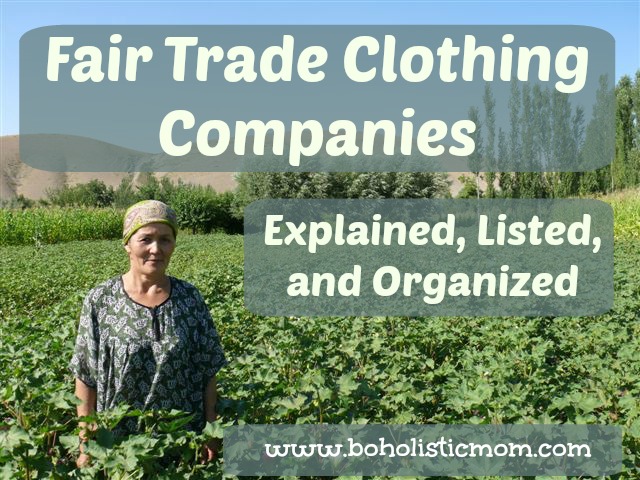
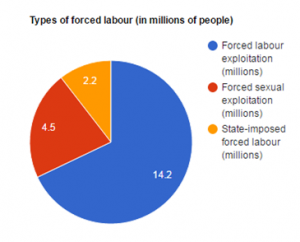
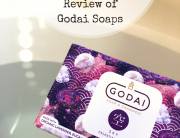


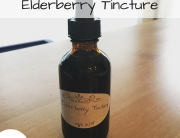
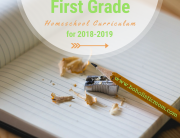
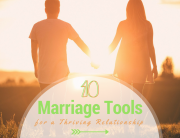
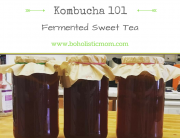

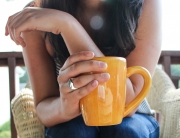
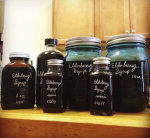
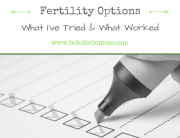
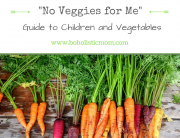
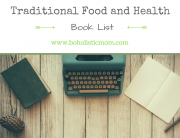
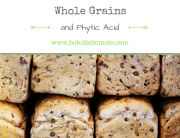
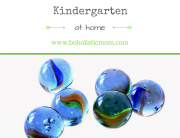
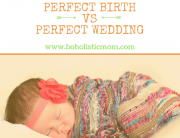
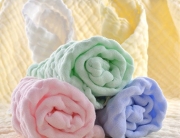

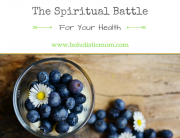
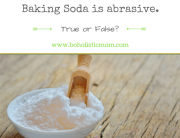



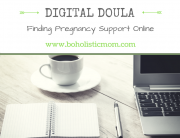
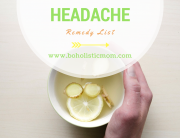
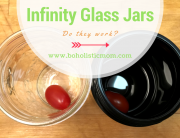


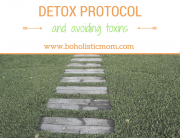
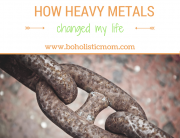

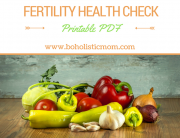
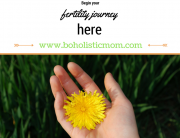
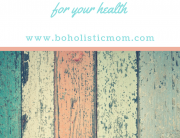

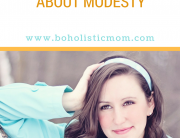
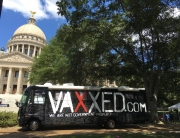

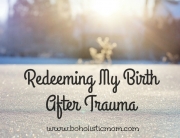
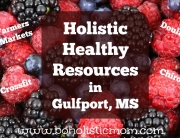

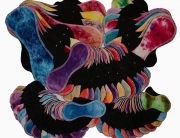
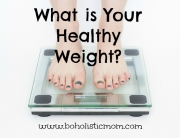
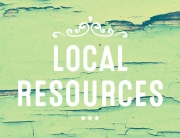

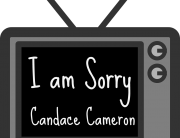
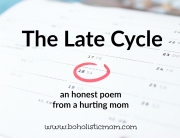
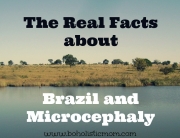
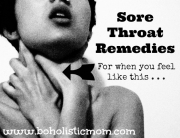
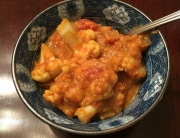
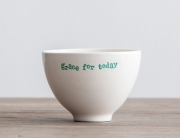
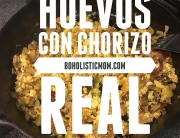
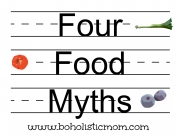
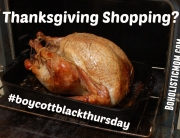
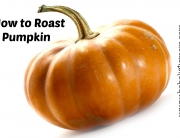
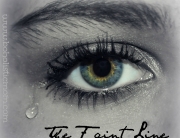
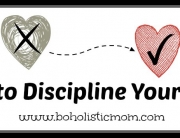
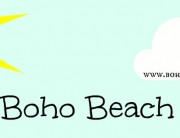
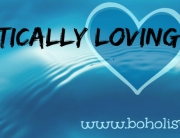
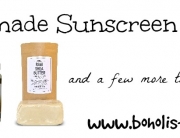
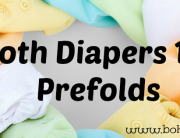
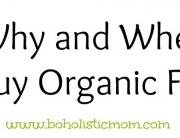

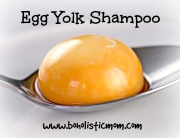
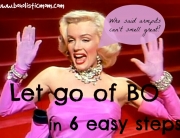
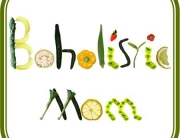
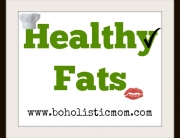
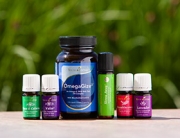
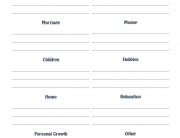
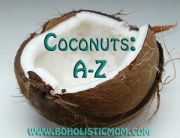
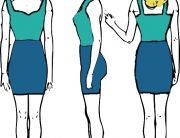
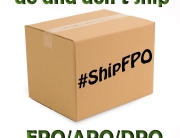

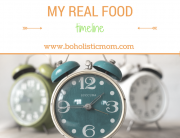
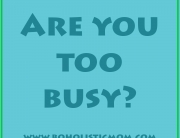
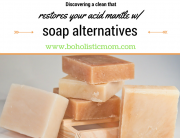
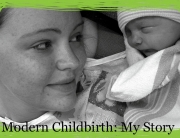
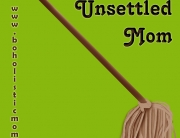

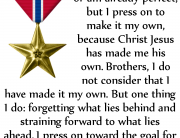
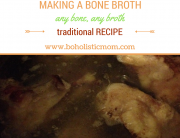
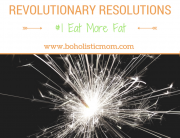

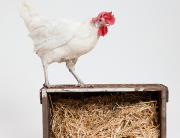
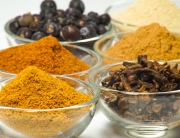
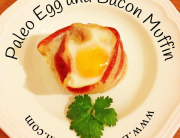
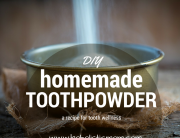

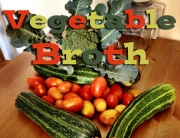

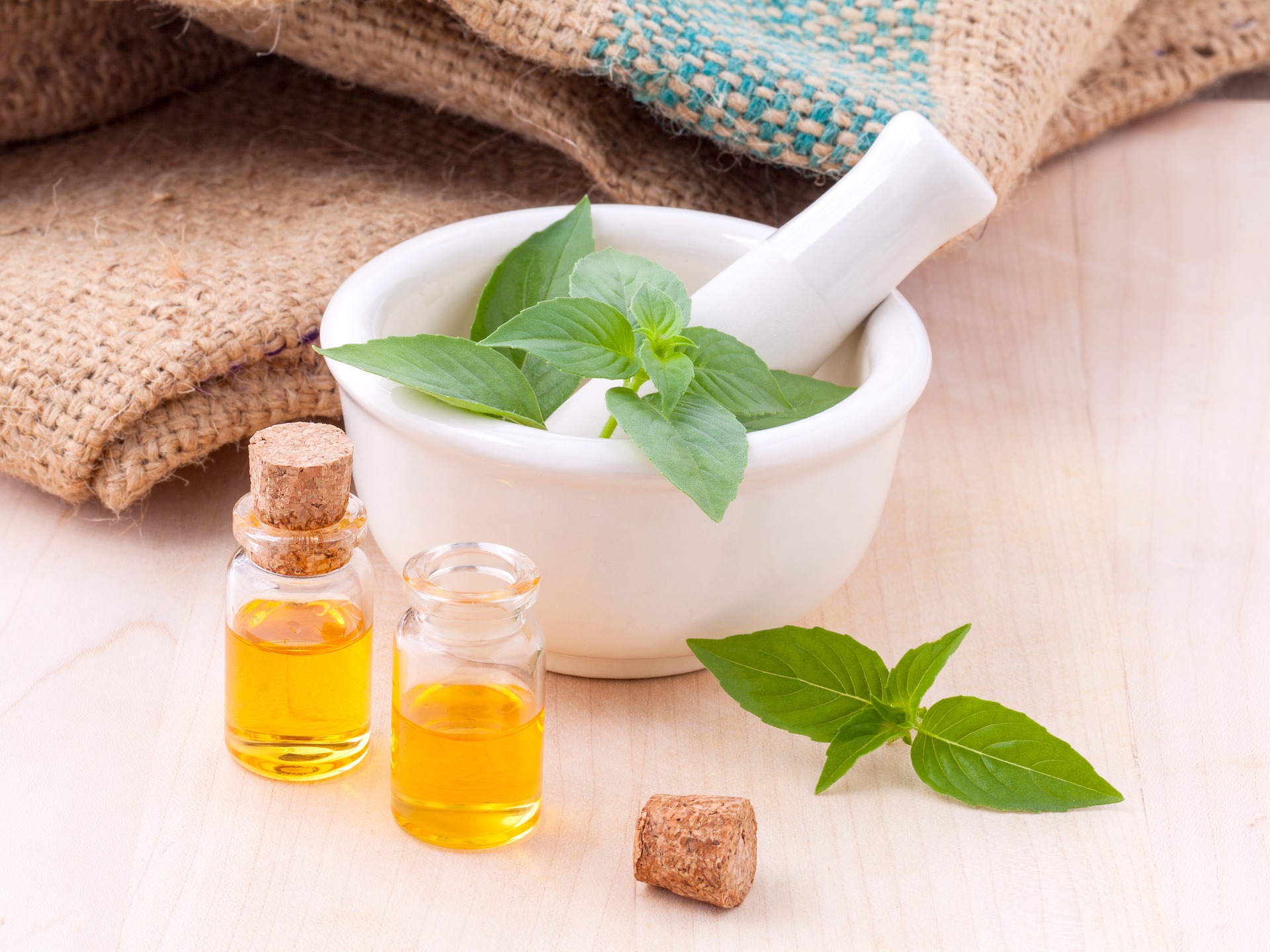










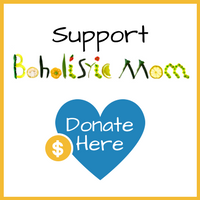
Would appreciate if you consider adding Australian based organic baby clothing brand http://www.niovi.com.au making GOTS certified clothing under fair trade terms.
I added your brand into our post. I am glad you are able to ship to the US!
Blue Delta Jeans Company – custom fitted jeans made from raw denim sourced and produced in the USA.